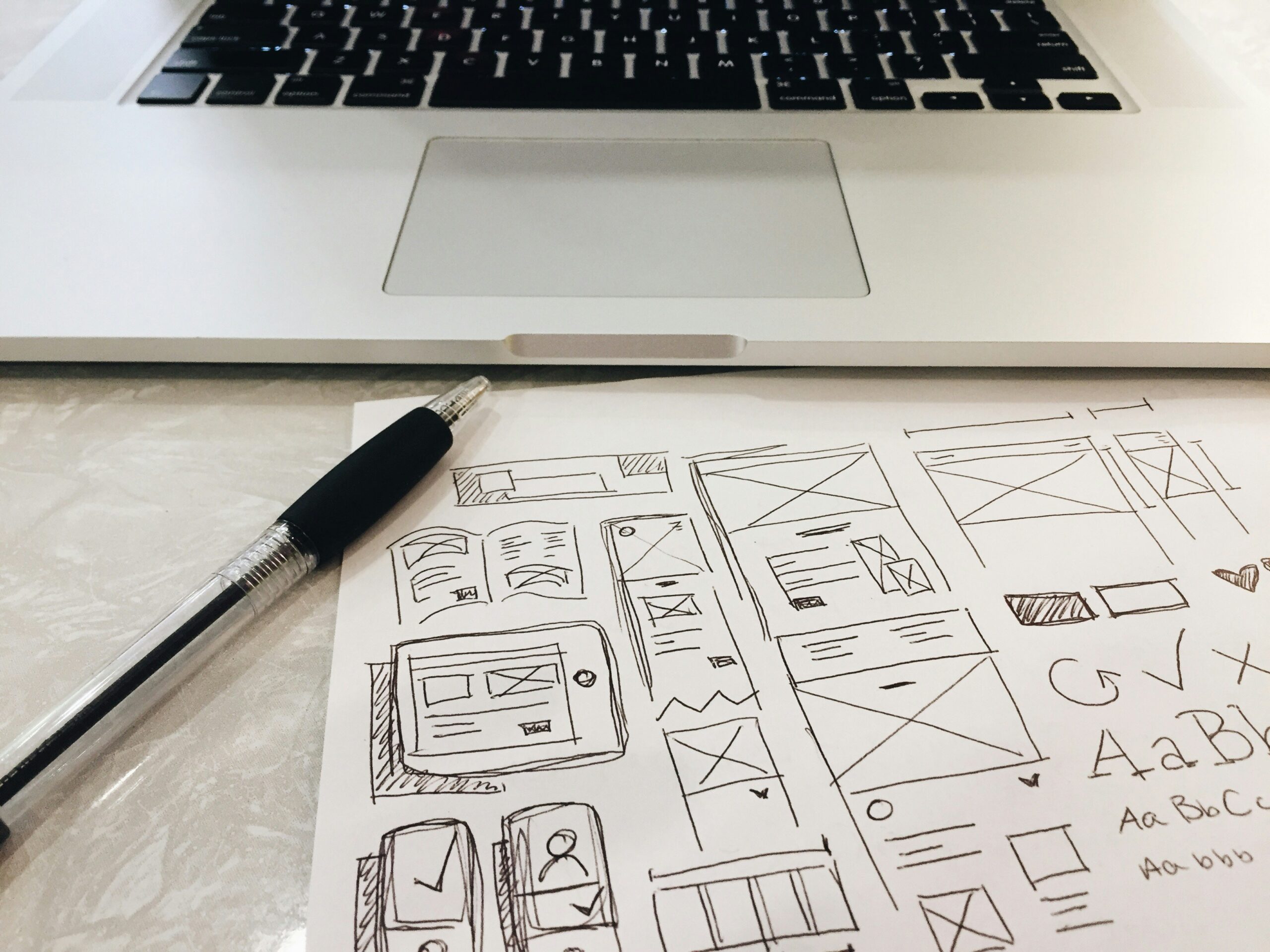1. Start Small and Build Up
Don’t try to create a complex website on your first day. Begin with simple projects like a personal homepage or a small portfolio. This helps you practice and build confidence step by step.
2. Practice Regularly
Coding and designing are skills that improve with practice. Try to spend a little time every day working on your projects, even if it’s just fixing one small issue or learning a new CSS property.
3. Use Online Resources
There are tons of free tutorials, videos, and forums available online. Sites like MDN Web Docs, W3Schools, and freeCodeCamp are great places to learn and ask questions.
4. Don’t Be Afraid to Make Mistakes
Errors are part of learning. When your code doesn’t work, it’s an opportunity to understand what went wrong and how to fix it. Debugging helps you become a better developer.
5. Learn Both Design and Code
Understanding basic design principles like color, typography, and layout is just as important as knowing HTML, CSS, and JavaScript. Good design makes your websites more user-friendly and attractive.
Final Thoughts
Learning web development takes time and patience. Keep experimenting, stay curious, and don’t hesitate to ask for help when you need it. Every project, no matter how small, brings you closer to your goal.


